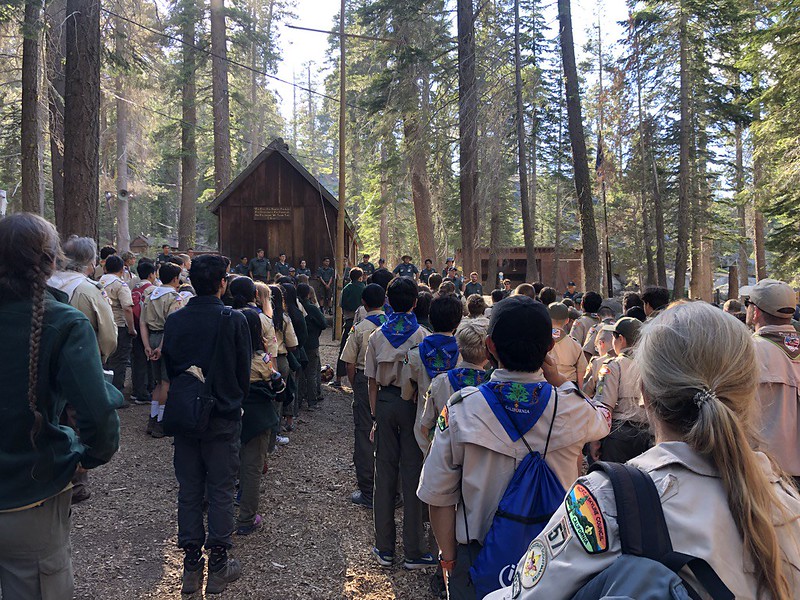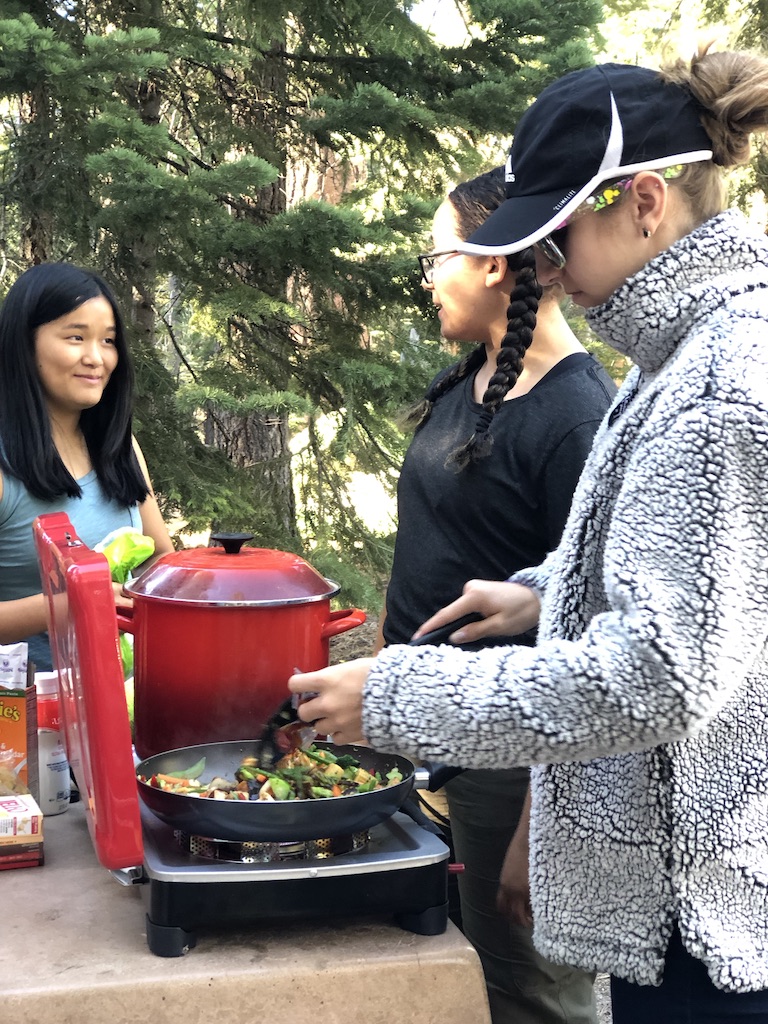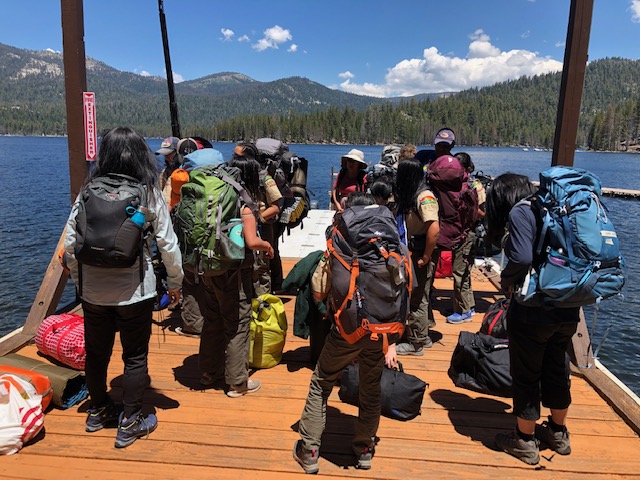


Regardless of your volunteer role with our Troops, exploring available training is a great way for parents to learn about Scouts BSA and prepare them to support their Scout throughout the program.
The BSA offers online classes through the my.scouting.org website. Browse the adult training opportunities for Scouts BSA at https://www.scouting.org/training/adult/. In addition, you can find training opportunities through our regional Councils.
Pacific Skyline Council Training
Silicon Valley Monterey Bay Council Training
Golden Gate Area Council Training
Certain volunteer roles require position specific training. Depending on the course, this training can be done online, or in a classroom setting. Required position specific training for Scouts BSA can be found on page 3 of this BSA document.
Adult training records are maintained by the BSA in the my.scouting.org system. Online training usually appears on the adult’s record immediately after completion of the course. If you take an in-person classroom course, you will receive a wallet sized completion certificate – save this for your records. Upon receipt, upload a copy to our troop training coordinator at our Adult Training Form so that your training record can be updated in the my.scouting.org system. Questions? email trainingcoordinator@troop57.net
Youth Protection Training
All adults in our Troops are required to complete and maintain valid YPT in order to participate in Troop events or meetings. YPT must be refreshed every 2 years. When you complete the YPT course, you will receive a completion certificate by email which should be uploaded to our Adult Training Form. Questions: email trainingcoordinator@troop57.net. You can access the online training here: https://www.scouting.org/training/youth-protection/
Assistant Scoutmaster Training
The Scoutmaster and Assistant Scoutmasters (ASMs) lead the Scouting program for our Troops. They are all parent volunteers. Adults interested in becoming ASMs need to complete the Introduction to Outdoor Leadership Skills (IOLS) training course (S11). IOLS must be taken in person and requires one overnight camping trip. Adults can complete S11 through Pacific Skyline Council, or by attending Camp Oljato summer camp with their scout and completing it at camp.
In addition to IOLS, adults are required to take the Scoutmaster and Assistant Scoutmaster training course (S24) which is offered either online or in a classroom setting. S24 classes can be taken through Pacific Skyline Council, or at Camp Oljato. S24 can also be taken online. The required S24 online training modules are referenced on page 3 of this document.
The Pacific Skyline Council training calendar can be found here.
Merit Badge Counselor Training (PacSky classroom ONLY)
Becoming a Merit Badge Counselor (MBC) is a great way to become a leader and support our Scouts. As a MBC, you have the ability to teach any of a variety of Merit Badges and share your passion! MBCs are resources for our district and council and are required to take a training course from the Pacific Skyline Council and register directly with PacSky. Although MBC training is also offered online, Pacific Skyline Council requires that you take their in-person (or zoom) live training. Once you become a registered MBC, you will be listed as a resource in the ScoutBook system.
The Pacific Skyline Council training calendar can be found here.
Committee Training
Committee members are adult volunteers who run the administrative side of our program. Committee roles in our Troops include the Chartered Organization Representative, Committee Chair, Secretary, Treasurer, Advancement Coordinator, Equipment Coordinator, Training Coordinator (including YPT), Outdoor/Activities Coordinator, and Membership Coordinator. Scoutmasters also attend the committee meetings.
Committee members are required to take the Troop Committee Challenge course (WS10) which is offered either online or in a classroom setting. When taking WS10 online, the required training modules are referenced on page 3 of this document.